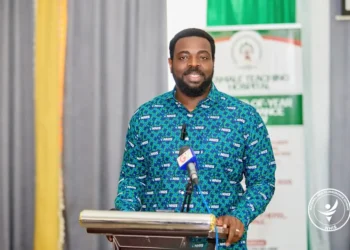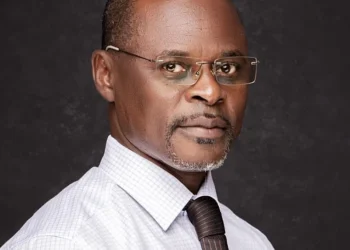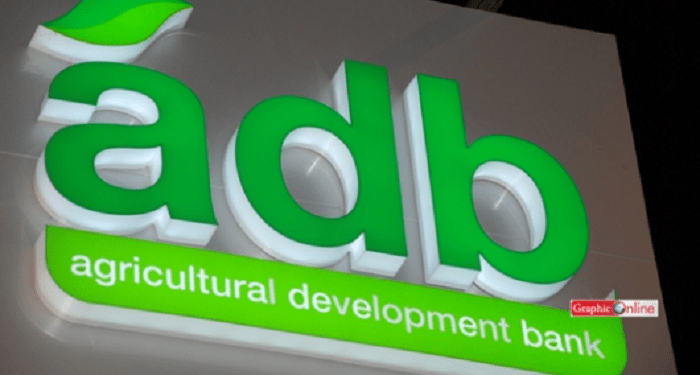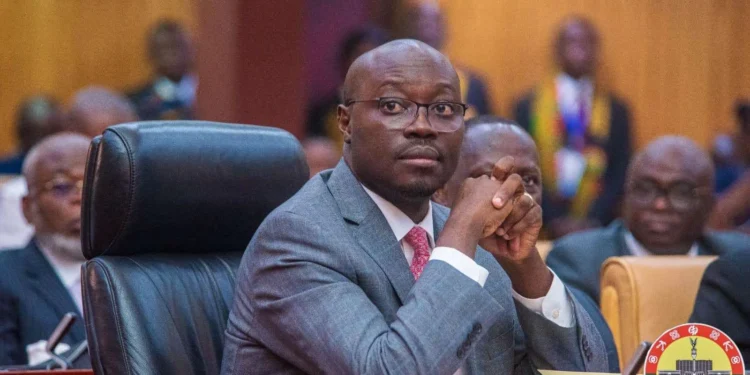The Ghana Health Service (GHS) has confirmed a total of 36 cases of Dengue across both Eastern and Central Regions as of today, 17th July 2024. This announcement comes after a surge in malarial-like conditions was reported across adjoining districts in both Eastern and Central Regions, prompting immediate action from health authorities.
Upon receiving reports of the unusual increase in malarial symptoms, a specialized team comprising entomologists and epidemiologists from the national level was swiftly deployed to join forces with regional health teams.
The team’s mission was to conduct a comprehensive outbreak investigation across the affected areas. This collaborative effort has led to the submission of numerous samples from suspected cases to the Noguchi Memorial Institute for Medical Research (NMIMR) for confirmation.
“These cases were detected in the communities by health care workers using an appropriate Case Definition. It is worthy to note that, of all these cases, only one (1) was admitted but has been discharged. The remaining are all being managed at home and are stable.”
Dr. Patrick Kuma-Aboagye, Director-General of the GHS
The Ghana Health Service emphasized the importance of recognizing the symptoms of Dengue, which include sudden onset of high-grade fever, severe headache (particularly in the forehead), body aches, muscle, bone, and joint pains, nausea, and/or vomiting. Early recognition of these symptoms is crucial for timely medical intervention and management.
The Ghana Health Service strongly advised the general population, especially those residing in the affected areas, to adopt preventive measures against mosquito bites.
These include wearing protective clothing, using mosquito repellents, covering water containers tightly, discarding unused water, ensuring proper disposal of receptacles that could collect water (such as empty cocoa pods and coconut shells), and sleeping under insecticide-treated bed nets during the day or outdoors.
“Do not self-medicate: report to the nearest health facility when you have high-grade fever.”
Dr. Patrick Kuma-Aboagye, Director-General of the GHS
Community Engagement and Risk Communication
The GHS has been proactive in engaging with key stakeholders, including District Health Management Teams, Municipal and District Chief Executives (M/DCEs), traditional chiefs, and community leaders. Meetings and community durbars have been organized to raise awareness and disseminate vital information on dengue prevention and control.
Additionally, clinicians at all levels, including Community-based Health Planning and Services (CHPS) compounds, have undergone orientation on the dengue case definition to enhance the detection and management of cases.
“The Ministry of Health in collaboration with the Ghana Health Service will continue to work with our partners and affected communities to contain the outbreak.”
Dr. Patrick Kuma-Aboagye, Director-General of the GHS
On Sunday, 14th July 2024, the Ghana Health Service (GHS) announced a significant outbreak of dengue fever in several districts of the Eastern Region. The press release, signed by Dr. Patrick Kuma-Aboagye, Director-General of the GHS, highlighted the immediate response measures and ongoing efforts to manage the situation.
The GHS also reiterated the importance of public cooperation in following the recommended preventive measures to reduce mosquito breeding sites and protect themselves from mosquito bites.
The Ghana Health Service’s press release serves as a call to action for everyone to remain vigilant and adhere to the guidelines provided to combat the outbreak effectively. The Ministry of Health and the GHS will continue to provide updates and work closely with affected communities to manage and eventually eradicate the dengue outbreak.























